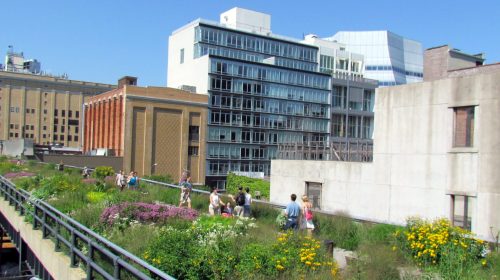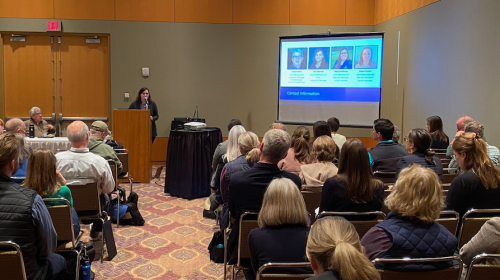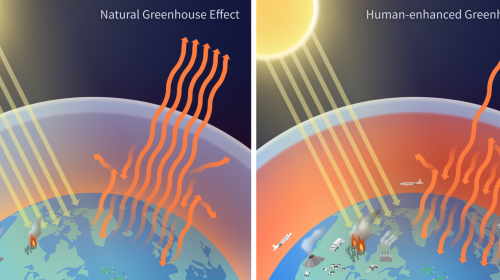Today, the Center for Heat Resilient Communities (CHRC) launched the application period for communities across the U.S. to get support to develop Heat Resilience Roadmaps as part of President Biden’s Investing in America agenda. Funded through the Inflation Reduction Act, up to 10 selected communities will receive $10,000 and technical assistance to help them determine and communicate the impacts of extreme heat in their communities, assess their capacity to respond and design a locally tailored blueprint for heat resilience.
“Communities across the country are taking steps to prepare for the impact of extreme heat on the health and well-being of people, the economy and infrastructure,” said NOAA Administrator Rick Spinrad, Ph.D. “The Center for Heat Resilient Communities continues to provide important resources to strengthen these efforts and develop a knowledge-sharing network for communities to work together to become more resilient to extreme heat.”
Participating communities will craft locally-tailored blueprints outlining strategies for planning, funding and decision-making to prepare for and respond to extreme heat events. These strategies will help protect communities from harmful heat impacts, such as heat-related deaths and infrastructure damage.
How local communities can apply
The application window for this opportunity is open now and closes on January 24, 2025 at 11:59 PM ET. The center will host an informational webinar on November 21 at 4:00 PM ET. Information about additional Q&A sessions will be posted on heat.gov.
Local, tribal and territorial governments, and their departments are eligible to apply. Non-governmental organizations that play a leadership role in a community’s heat resilience efforts may also apply with support from local jurisdictions with policymaking authority. Applicants are encouraged to engage with community-based or community-serving institutions.
Applicants will be evaluated based on their demonstrated commitment to collaborating with community groups to reduce impacts on people who are most at risk, capacity to work collaboratively across departmental boundaries and explanation of how participation with the CHRC fits into the communities’ existing and planned efforts, commitments and campaigns.
The Center for Heat Resilient Communities
The CHRC and another center of excellence, the Center for Collaborative Heat Monitoring, were created by NOAA and the National Integrated Heat Health Information System (NIHHIS) with $4.55 million in funding through the Inflation Reduction Act to address extreme heat and its impacts. These centers work on heat research and governance efforts across the country.
The CHRC, based at the University of California, Los Angeles Luskin Center for Innovation, supports communities in determining the best strategies for local heat mitigation and management and using novel decision-support tools created by teams of research experts and over 50 multi-sector partners from around the world. The center’s research will also inform recommendations to federal partners as they prioritize relevant investments in local heat resilience.
“Our center builds on years of progress in dealing with heat impacts to provide communities with the targeted resources and guidance needed to identify resilience strategies tailored to each area’s local assets and challenges,” said Kelly Turner, Ph.D., principal investigator at the CHRC. “We’ll also be able to highlight how the experiences and local knowledge of diverse communities can help shape federal responses on heat.”
Media contact
Monica Allen, monica.allen@noaa.gov, (202) 379-6693
Zach Wampler, Program Coordinator, Center for Heat Resilient Communities, heat@ucla.edu









